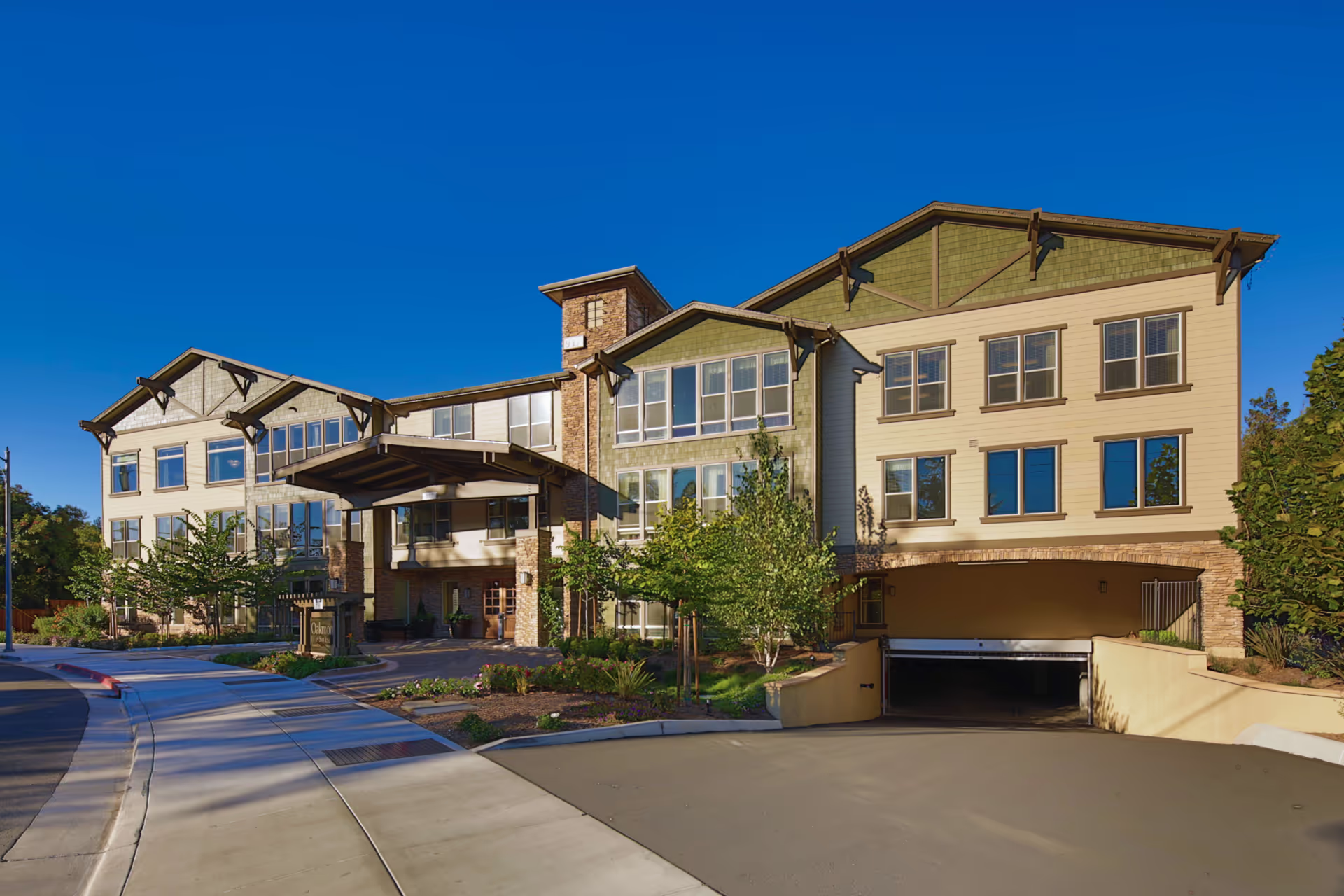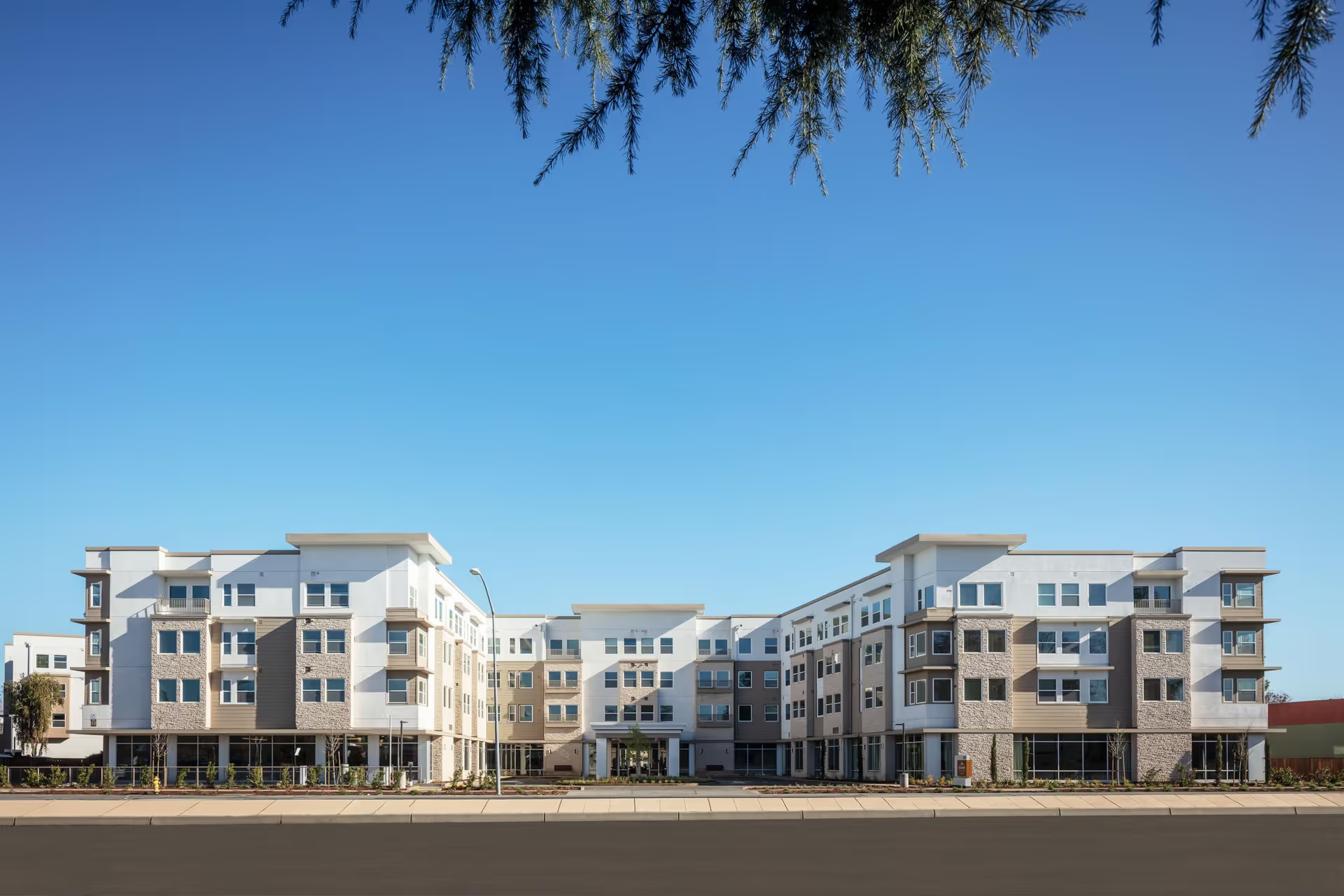Overall sentiment in the reviews for Skyline Health Care Center is deeply mixed and polarized: a sizeable number of reviewers praise compassionate, hardworking CNAs and nurses, effective therapy in some cases, engaged management, and pleasant communal spaces; simultaneously many reviewers report serious care, safety, hygiene, and staffing failures. The most consistent positive themes are human-centered: specific staff members and teams are repeatedly described as friendly, respectful, and knowledgeable. Several reviewers cited strong RNs, prompt nurse introductions, thorough PICC-line checks, a caring manager named Jay, and occasions of life-saving interventions. Physical spaces have pleasing features—open community rooms, skylights, a piano and an aviary—and certain operational areas (new pharmacy, parking/entry) were appreciated. Some families also reported regular cleaning, helpful activities, and adequate daily meals during parts of their stay.
However, the negative reports are frequent, specific, and often severe. Clinical care problems appear repeatedly: poor wound care (dressings left off, wounds dirty), missed or delayed medications including insulin and IVs, and inconsistent nursing coverage are common complaints. Multiple reviewers described diabetes mismanagement (insulin withheld or stopped, resulting hyperglycemia), delayed IVs, and inadequate involvement of primary physicians. Patient safety issues include falls from bed, call-button failures, beds rolled into hallways without buzzers, and residents left unsupervised or wandering outside. There are also many allegations of neglectful or abusive behavior—rough handling, antagonistic night staff, and calls to police or elder abuse hotlines in extreme cases. These are serious red flags that appear in multiple, independent accounts.
Staffing, communication, and accountability are central recurring themes. Many reviews highlight understaffing, unpredictable shift coverage, and blame shifting between shifts. Night staffing and registry/agency staff are singled out as particularly problematic by several reviewers, who reported antagonism, discrimination, or rough care. Language barriers with CNAs who speak limited English contribute to miscommunication with residents and family members. Families also describe poor responsiveness to calls, long delays for bathroom or repositioning assistance, and nonfunctional call systems. Conversely, other reviewers say staff were abundant and responsive—this contrast suggests high variability between shifts, units, or time periods rather than uniform performance.
Facility condition and infection control are also mixed. Some reviewers praise a clean, bright environment and infection-control checks, while others report cockroach infestation, dirty gloves, leaking toilets, reused soap, and unmet maintenance requests. Several accounts implicate the facility in COVID outbreaks and other infection events. Laundry, linens, towels, and basic supplies are noted as missing in multiple reviews, and rooms are sometimes overcrowded (three-person rooms) or too small for family visits. Maintenance delays appear as a systemic frustration: broken TVs, nonfunctional mattresses or air mattresses, and unresolved hazards persisted for days or weeks in some reports.
Nutrition, therapy, and activities receive varied feedback. Multiple reviewers praised physical therapy staff and the availability of group and individual activities; others said therapy was promised but not delivered, or residents were left in chairs without standing or gait work. Food quality and diet management are inconsistent: some called the food adequate or better than hospital food, while others said choices were limited, diabetic diets were not followed, or meal delivery was missed. This again points to uneven care delivery across the facility.
Family communication and administrative responsiveness are problematic in many accounts. Families reported poor phone responsiveness, social work runarounds, and having to escalate to management to get answers. A few reviewers say management and clinical leadership were engaged and responsive, while other serious incidents (lack of a call from the medical director after a death, failure to respond to reported abuse) indicate gaps in leadership follow-through. Several reviewers explicitly advised others not to send loved ones here, while others strongly recommended the facility—indicating that experience is highly dependent on unit, shift, or individual staff members.
Patterns and practical takeaways: reviewers consistently point to two major patterns. First, staffing variability—especially during nights or with registry staff—directly correlates with worse outcomes (missed meds, delayed responses, hygiene lapses). Second, where unit-level leadership and experienced RNs are present, families report good to excellent care. Prospective families should verify staffing ratios, ask about wound care protocols, infection-control measures, and diabetes management practices, and seek specific names of regular nursing leadership and therapists. Insist on seeing a current care plan, how medications and insulin are handled, maintenance response times, pest-control records, and call-button testing. Visit multiple times, including nights and weekends, and ask for references from recent families with similar care needs.
In summary, Skyline Health Care Center presents a split picture: it can deliver attentive, skilled, and compassionate care under certain teams and shifts, but there are numerous, recurring reports of serious lapses—wound care neglect, medication errors, hygiene/pest issues, safety incidents, and poor night staffing—that have led some families to describe nightmarish experiences and even pursue complaints or legal action. Decisions about placement should weigh the facility’s positive human resources and communal amenities against the documented variability and the severity of the negative incidents; careful, specific due diligence and ongoing family involvement are strongly advised.







